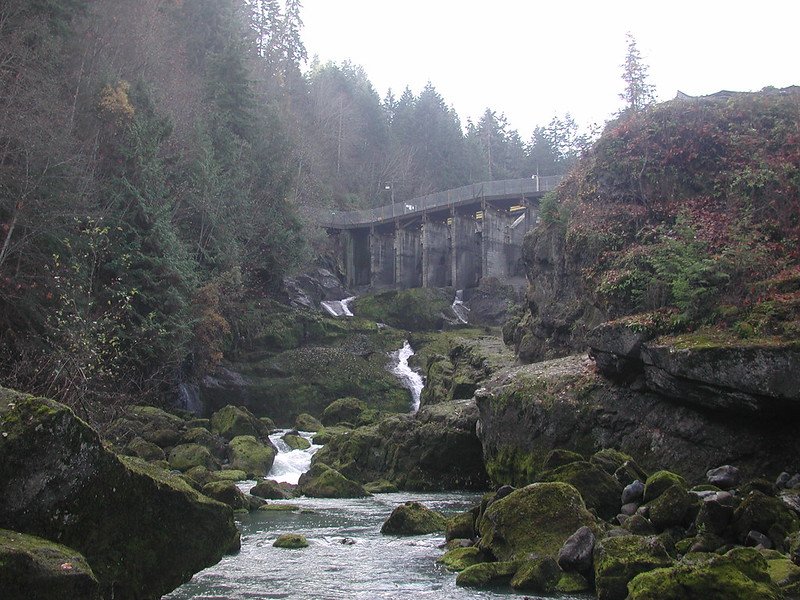Outside the box
You’ve likely heard about the world’s recycling glut: As countries like China, where many materials are sent for recycling, become pickier about what they’ll accept, cities across the world are facing higher costs to recycle their waste — and in response, are scaling back their recycling efforts, or abandoning them altogether.
In the U.S., one state is trying a solution: Maine just passed a law requiring companies to pay fees for the packaging their products come in. The more easily that packaging can be recycled, the lower the fees. Most reusable packaging incurs no fee at all. In effect, the policy transfers the cost of recycling from municipalities to the companies that make recycling necessary in the first place.
Crushed by negative news?
Sign up for the Reasons to be Cheerful newsletter.Such policies have existed in other places for years. Just over the border from Maine, a similar policy in Quebec has generated $250 million for the province’s cities per year. It also encouraged more companies to make their packaging easier to recycle — recycling rates in Quebec average 63 percent, compared to 25 percent in the U.S. “Sure, people need to take individual responsibility,” said a program director at the Natural Resources Council of Maine, “but these corporations have a lot more control over the waste and pollution that we’re seeing.”
Let the river run
America’s rivers are an obstacle course: across the country, two million dams impede fish from swimming freely through 600,000 miles of water. In recent years, many areas have begun removing these dams to revive ecosystems. In Washington State, Indigenous tribes are helping to facilitate some of the biggest dam removal projects yet.

These efforts began in earnest in 1992 with the Elwha Act, legislation passed in response to a motion filed by the Lower Elwha Klallam Tribe to stop the relicensing of a dam, arguing that it violated their treaty rights by blocking the passage of fish. The law mandated “full restoration of the Elwha River ecosystem and native anadromous fisheries.” The fact that the law centered on the use of the river system by local tribes laid the groundwork for years of restoration made possible by these tribes’ involvement. In the years since, tribal biologists have worked with universities, nonprofits and local governments to remove dams — including, in 2011 and 2014, the Elwha and Glines Canyon dams, collectively the world’s largest dam removal project ever.
These dam removals have spurred other tribes to replicate the model — earlier this year, a Republican congressman in Idaho put forth legislation to remove four large hydroelectric dams in a proposal that was co-signed by several local Indigenous tribes. The model has “really empowered the tribes in Washington to become, essentially, a co-manager with the state,” said the fisheries manager of the Lower Elwha Klallam Tribe.
Happy to help
“Voluntourism” has long been viewed as problematic. The model, in which people — many of them young, white and privileged — travel to poorer areas of the world to donate their time, sometimes benefits the volunteers more than the communities they parachute into. What’s more, it can also perpetuate a “white savior” dynamic that some organizations are giving second thoughts.
NPR has an interesting report on how the pandemic didn’t just slam the brakes on such activities, it reshaped them in a way that may be permanent — and better for everyone. For instance, rather than fly in college grads from Western countries, Habitat for Humanity shifted its model to pay local builders to construct homes right where they live. Even better, many of the would-be volunteers who had already paid for the experience let Habitat keep their money as a charitable donation.
Other organizations figured out how to let young people get involved in ways that avoided the pitfalls of voluntourism. For instance, instead of traveling to Malawi to volunteer at a community arts center, one British marketing student helped the foundation that was going to send her there improve its social media presence. “I’ve done so much without even leaving my house,” she said. “I think the pandemic has changed the game completely for volunteering.”







